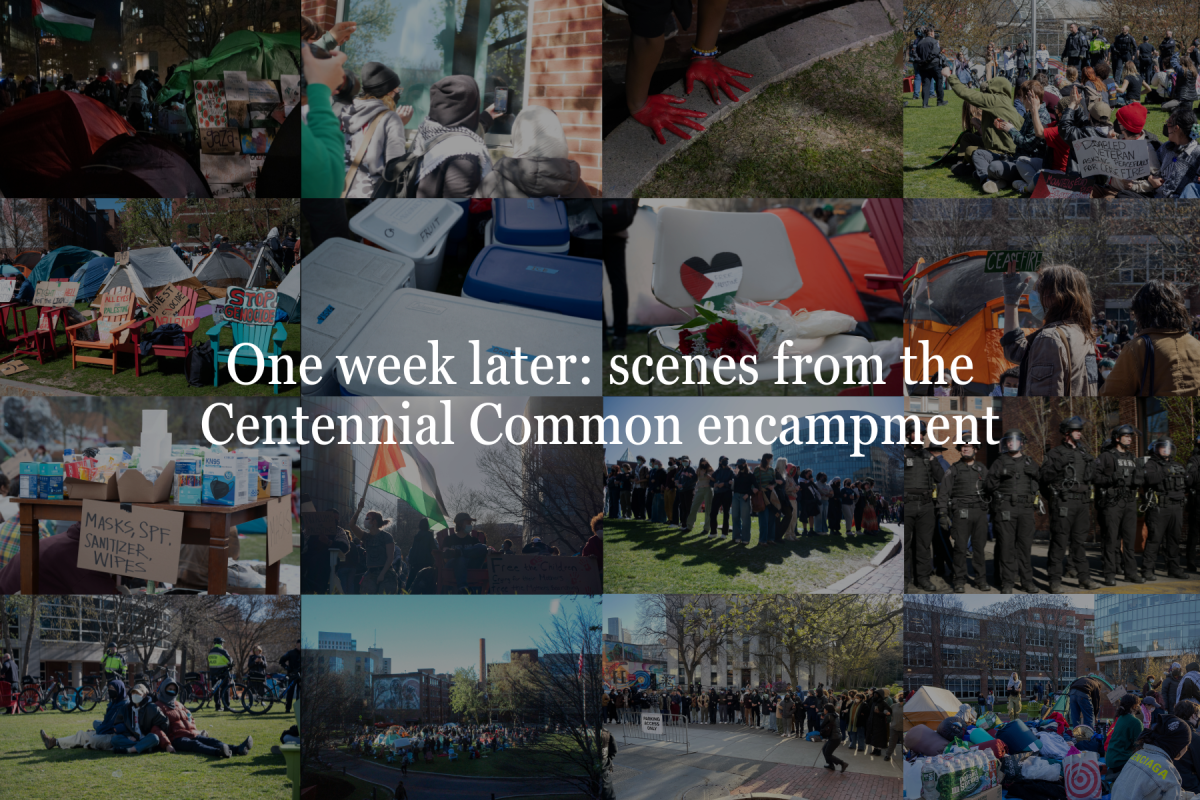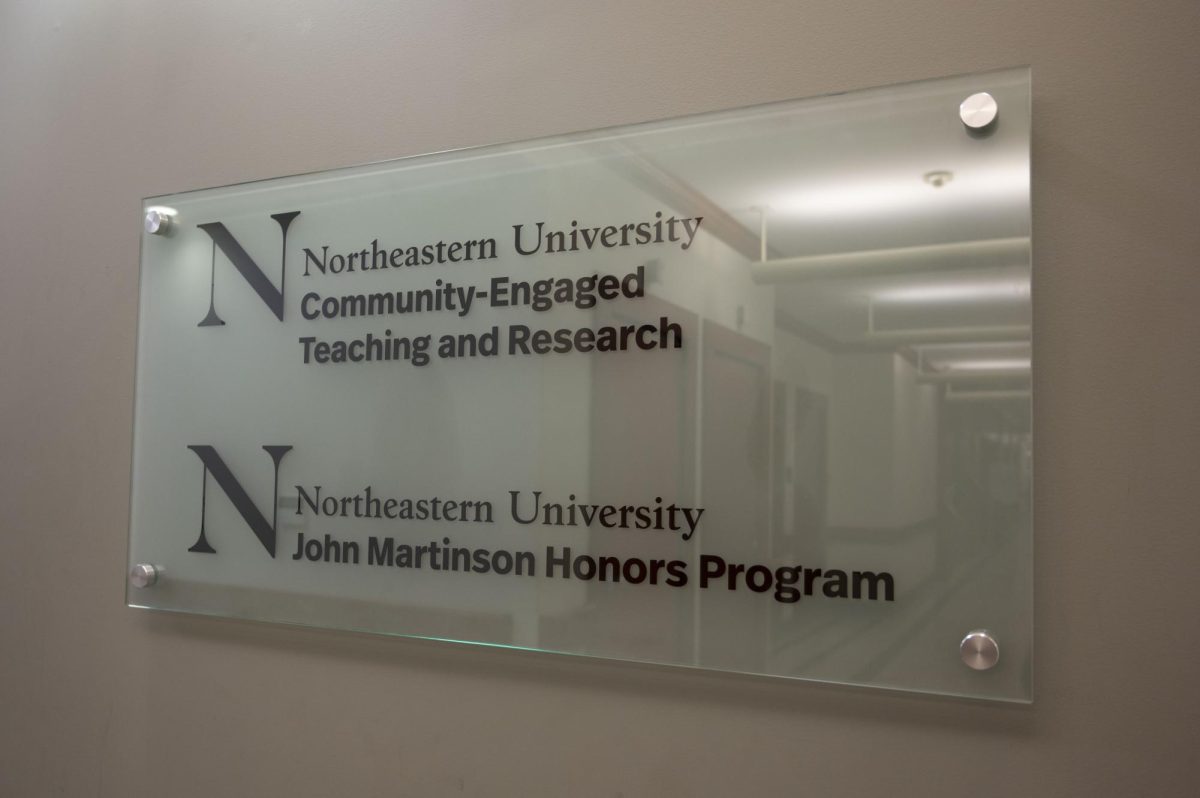October’s affirmative UNESCO vote for admission of Palestine as a full-member state, despite U.S. assurances of a swift cut in 20 percent of the organizations funding, showcases the international community’s ability and resolve to resist and counteract U.S. power. However, while representing an important symbolic victory for the members involved, this success is not indicative of a fundamental power shift in international relations and as a tactic will not be easily repeated in other intergovernmental forums. As such, while providing a temporary setback to the U.S. grand strategy, the event is merely a hiccup for an otherwise comfortably perched American elephant.
Much of the discourse surrounding Palestine’s admission to UNESCO has framed the event as an important symbolic victory. Reporting on the success of the UNESCO bid, John Irish of Reuters wrote that, “A huge cheer erupted in UNESCO’s General Assembly after the vote, which marks a symbolic victory for Palestinians.” While important, a ‘symbolic victory [for Palestinians and the international community],’ is a far cry from a ‘substantive change,’ in the balance of power in the international system.
States are not benign but rather active entities; they are not driven by rash impulse but rather by tacit understanding of power-relations and strategic planning. In allying themselves to resist US power these states, many of whom are already members of the non-aligned movement and thus cannot be expected to accommodate all U.S. interests, are attempting to undercut and balance U.S. power in the international arena. Despite these abject realities, when taking into account the size and scope of U.S. contributions to the United Nations and permanence in its institutions, the chances, ability and persistence of other states to resist U.S. power and pressure will remain futile in the face of overwhelming pressure.
As primarily an educational and cultural organization, UNESCO is an important outgrowth and embodiment of the era of globalization, not a foundation upon which it rests; in 2011 the organizations budget was $300 million, of which the United States contributed roughly $60 million. Consider then what the cumulative UN budget is; in 2011, it totaled $5.4 billion and of this total the United States contributed 20 percent.
But as college-professors the world over stress again and again; read the footnotes. For example, the annual budgetary proposal submitted by UN Secretary-General Ban Ki Moon two- years earlier in 2009 stated that regular budgetary expenditures of the UN would amount to $5 billion. However, when factoring in extra-budgetary costs, so-called supplemental spending, the total net budget exceeds $13.9 billion. A report issued by the U.S. Office of Management and Budget that same year put total U.S. contributions to the UN, both regular and extrabudgetary, at $6.2 billion. Though U.S. contributions to the UN have nominally declined over the past three years, it is in the U.S. interest to continue to play a dominant role as primary funder of the UN, with or without a stable domestic economy.
Taken as a whole, these figures show that U.S. control and influence in the UN system is systematic and pervasive. The United States contributes almost half of the organizations total budget and retains a permanent veto in its Security Council. This combination makes eventual U.S. assent and compliance with any and all binding issues presented to the UN mandatory, including ultimate and full Palestinian statehood.
This is not to say that the United States is impervious to the rising power of other states.
Governments which can never realistically hope to compete with fundamental and pervasive U.S. power will attempt to circumvent it through a process called balancing. As it is near-impossible for them to take on Goliath by themselves, they ally with other David’s and form alliances in an attempt to offset and balance U.S. influence. While effective in certain forums, chipping away at the base of a hierarchy is a time consuming process, is contingent on the cooperation of large numbers of groups and individuals and never truly poses an immediate threat to the dominant power.
Few issues will be as clear cut as the Palestinian one and as a result such a strategy will not be easily repeatable in other forums. The United States surely did not use all of its diplomatic ammunition to compel compliance from its allies for the UNESCO vote, though it was able to do so with 17 of 26 NATO members. Symbolic issues allow states far more range of motion in which to maneuver. Such space is not found in the more substantive and impactful areas like international economic, military and developmental policies.
Ultimately, despite ones views on the morality and righteousness of U.S. primacy, it is an inescapable feature of the international system and not likely to go away anytime soon. Whether they like it or not, it is in the interest of all states not ideologically and fundamentally opposed to the U.S. to maintain a friendly relationship with Washington. Doing so allows them to exploit the relationship to their own benefit, effectively ‘riding America’s coattails’ to western style development. Chipping away at Goliath, while an effective long-term strategy, will not fundamentally change the immediate dynamics of the current international system and allows the U.S. room to react and secure its position.
As such, the elephant will continue to sit on its perch, occasionally annoyed by the pestilent wild, but constantly defending itself and reinforcing its position.
– Dominic Contreras is a middler international affairs major.












